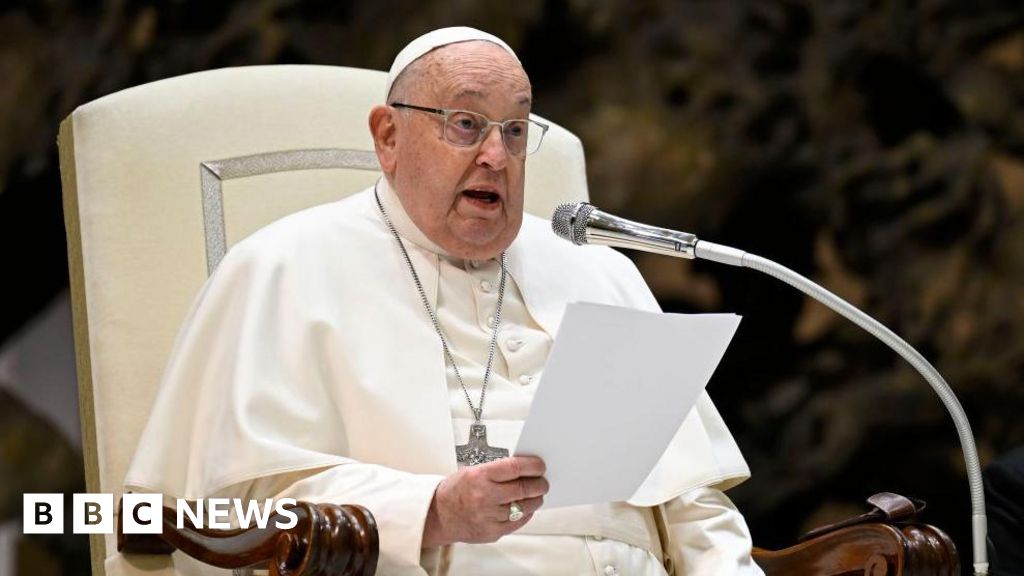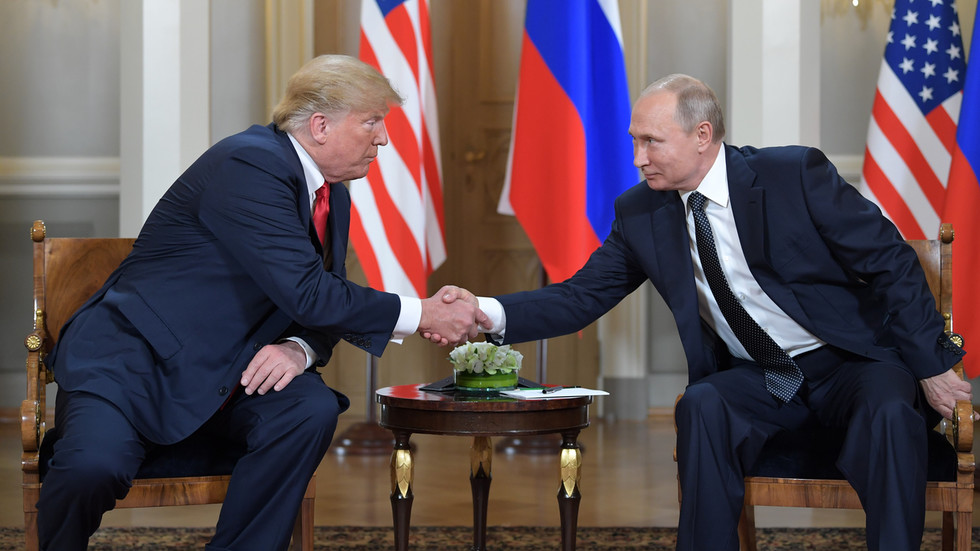AstraZeneca has withdrawn its COVID-19 vaccine Vaxzevria, also known as Covishield, worldwide. The company cited commercial reasons for the decision.
In a statement, AstraZeneca said: "As multiple, variant COVID-19 vaccines have since been developed, there is a surplus of available updated vaccines. This has led to a decline in demand for Vaxzevria, which is no longer being manufactured or supplied."
Vaxzevria can no longer be marketed or used the European Union and will be withdrawn from other countries, where it had been approved, in the coming months.
Vaxzevria saved millions of lives early in the pandemic
AstraZeneca said it was "incredibly proud of the role Vaxzevria played in ending the global pandemic."
More than three billion doses were supplied globally. Independent studies estimate that more than 6.5 million lives were saved in the first year that it was used.
The Oxford-AstraZeneca COVID-19 vaccine was developed within the first months of the pandemic in 2020. It was first approved in the UK on December 30, 2020, with other countries granting the vaccine conditional marketing authorization later in 2020 due to the urgency of the pandemic.
Vaxzevria was effective against initial ancestral variants of COVID-19 virus — the alpha variant — but was less effective against newer variants of COVID-19, such as the omicron variant.
Many governments, including in the UK, Germany and Australia, had stopped using the Oxford-AstraZeneca vaccine before its withdrawal from the market.
"We are still distributing COVID-19 vaccines, but none of them are AstraZeneca any more. They were the first manufacturer with which we concluded our arrangement in 2022," Olly Cann, Director of Communications at Gavi, the Vaccine Alliance, told DW.
The latest COVID-19 vaccine advice issued by the World Health Organisation in April advised that COVID-19 vaccines should target the JN.1 lineage of the virus, which is now the most dominant variant.
Are blood clot side effects linked to vaccine withdrawal?
Although the vaccine was found to be safe and effective overall, it carried a very small risk of a side-effect of blood clots. The condition is known as "thrombosis with thrombocytopenia syndrome" (TTS).
The rare syndrome occurred in two to three people per 100,000 who were vaccinated with the Vaxzevria vaccine.
While studies found the vaccine did not increase the risk of heart attacks or strokes, the vaccine has been under intense scrutiny due to TTS.
AstraZeneca is being sued by more than 50 people, who claim to have been affected, in a UK High Court case.
The Telegraph newspaper, the first to break the news of Vaxzevria's withdrawal, reported that AstraZeneca had admitted in the court case in February 2024 that the vaccine "can, in very rare cases, cause TTS."
AstraZeneca said the decision to withdraw the vaccine was not linked to the court case or any risks associated with TTS.
Edited by: Zulfikar Abbany

 9 months ago
41
9 months ago
41









